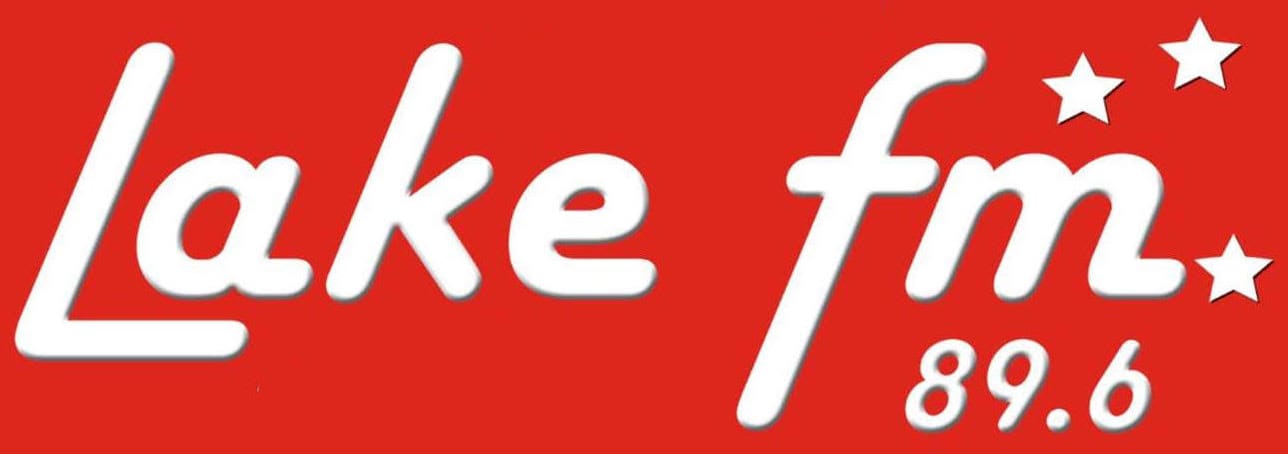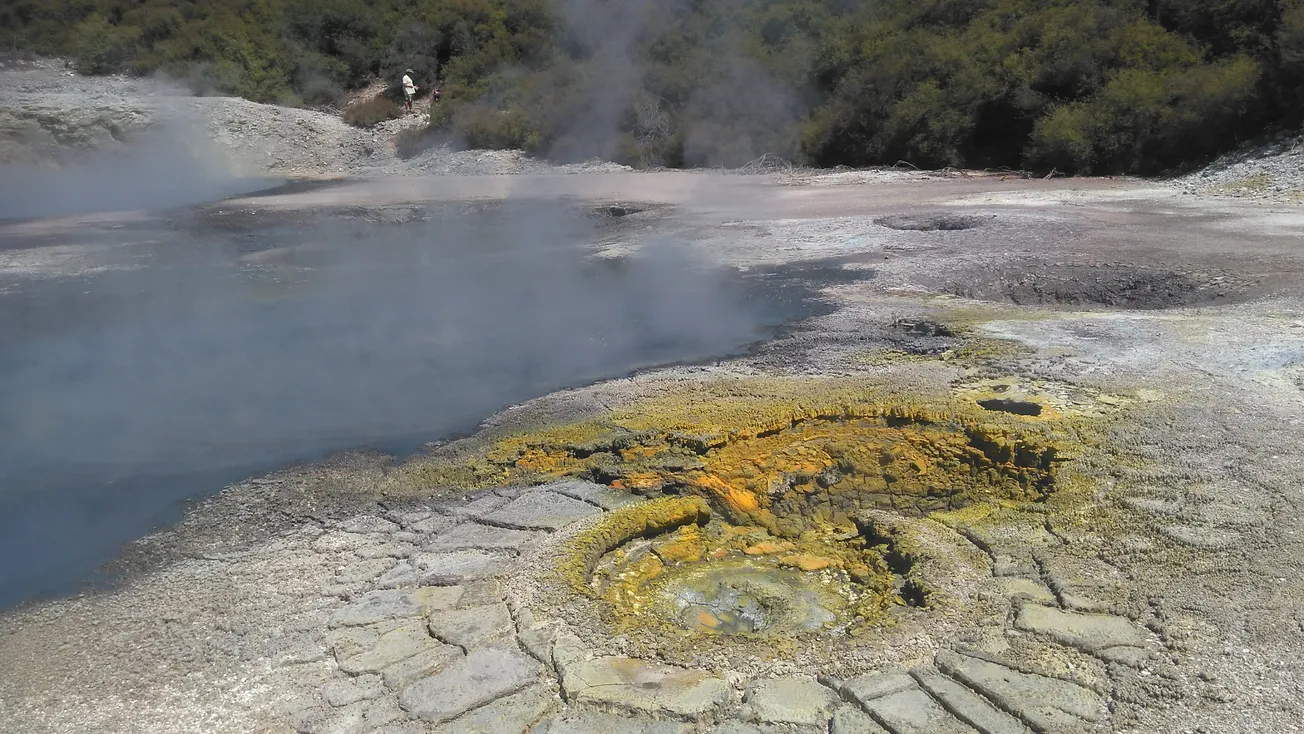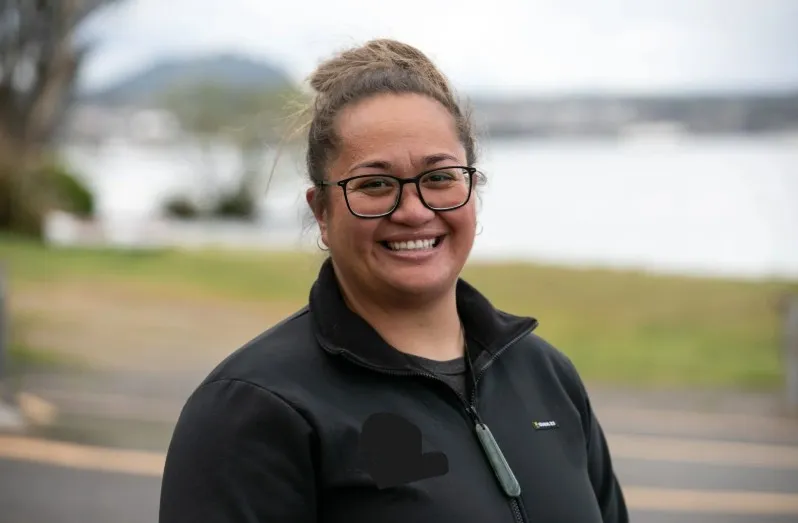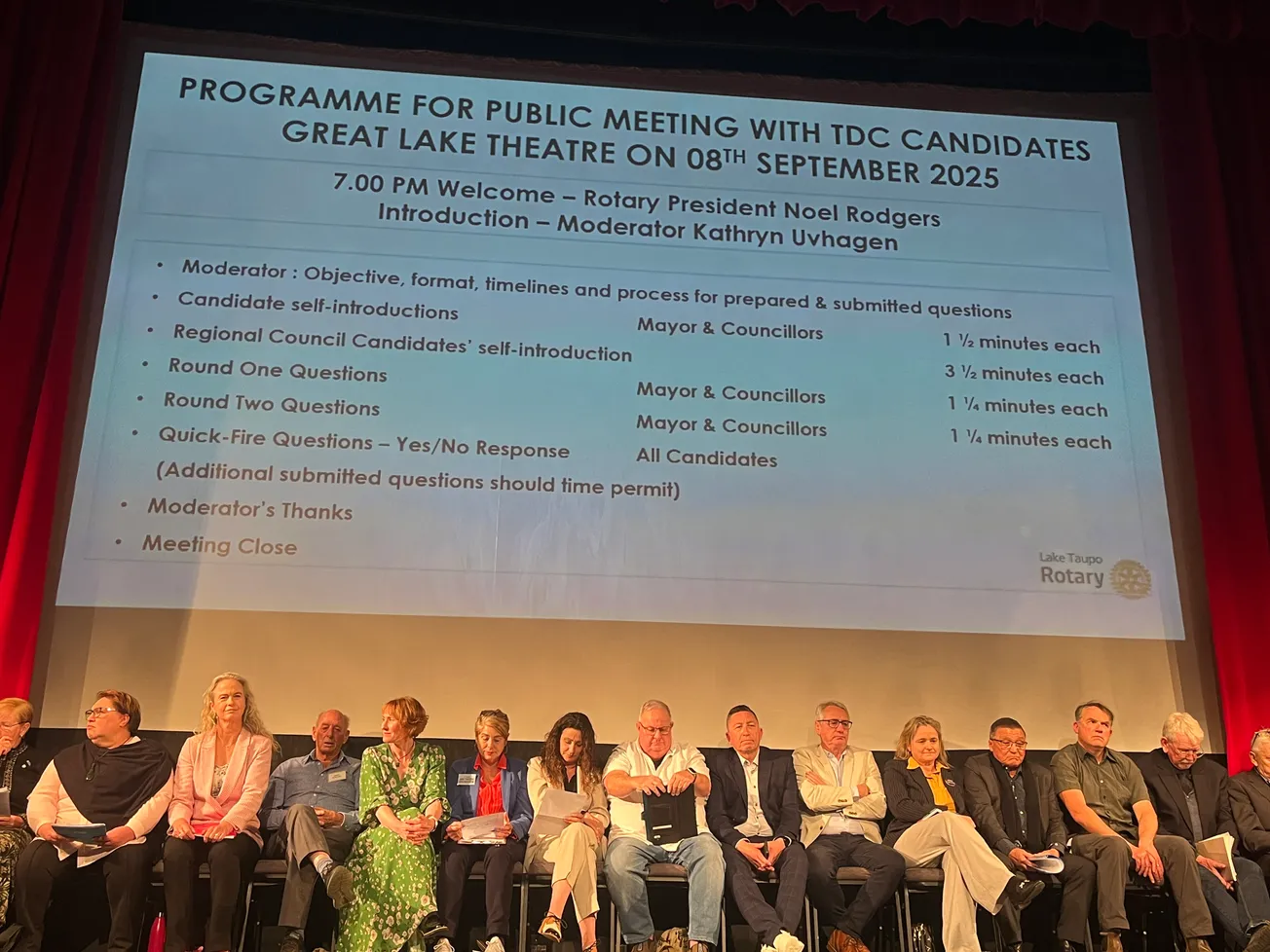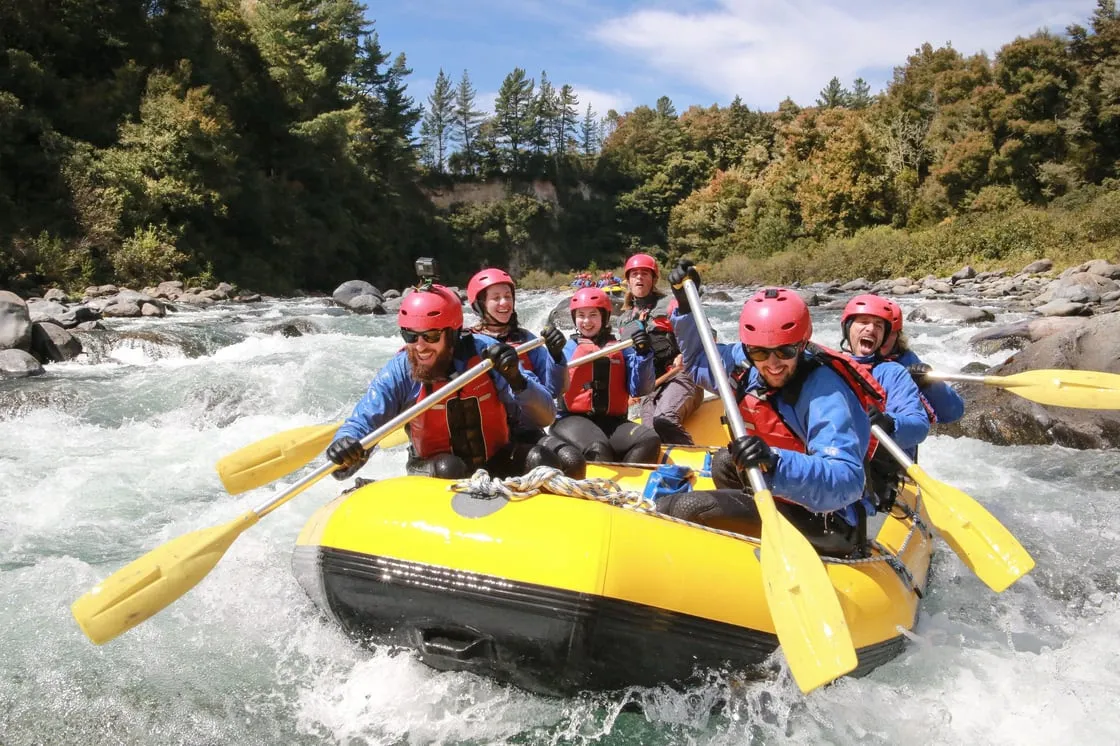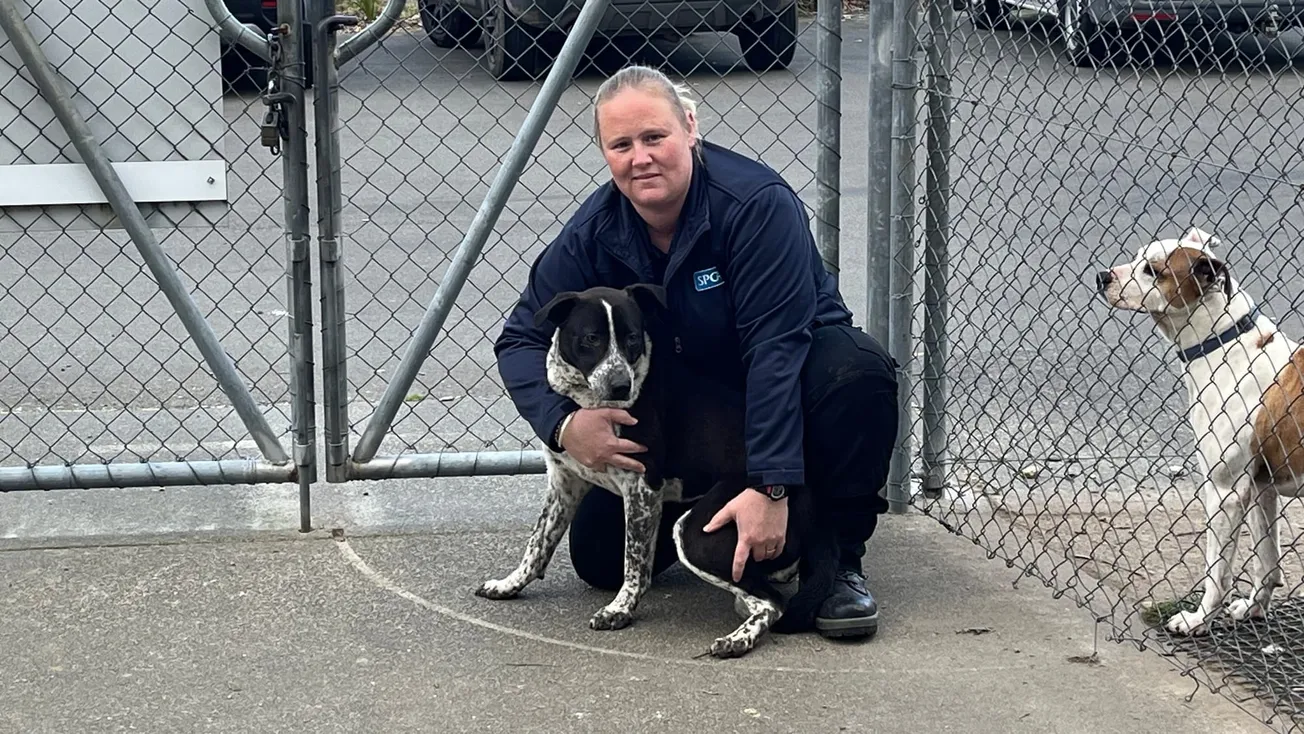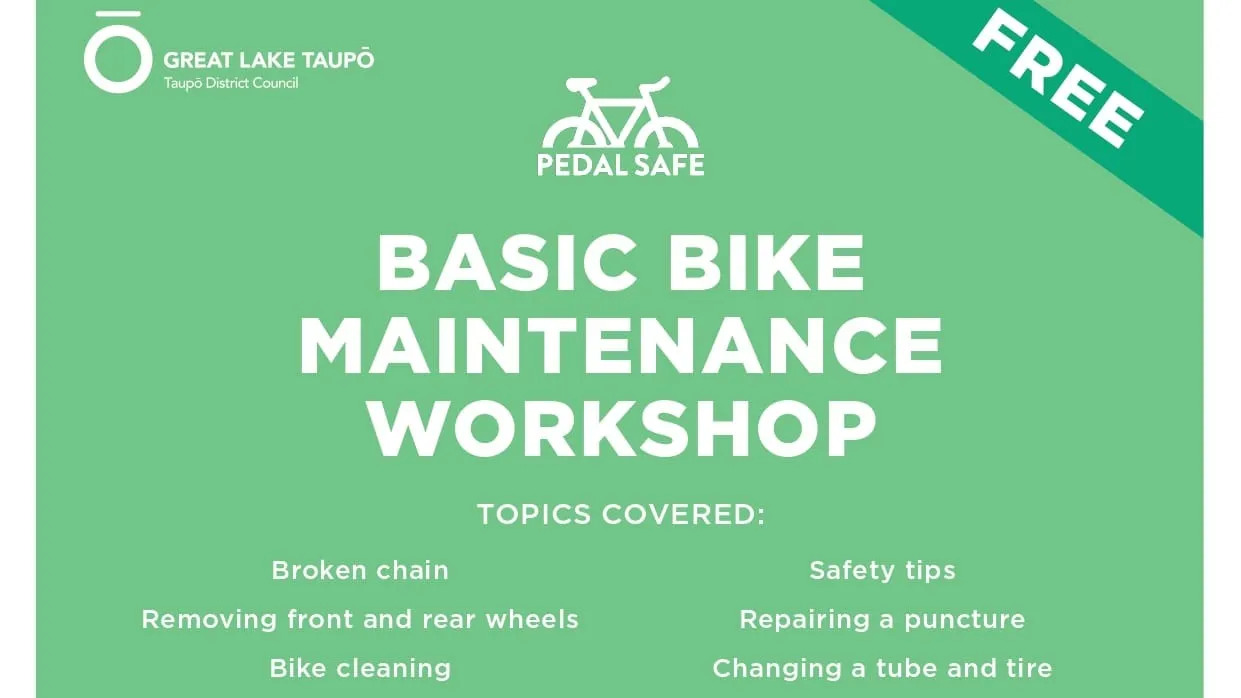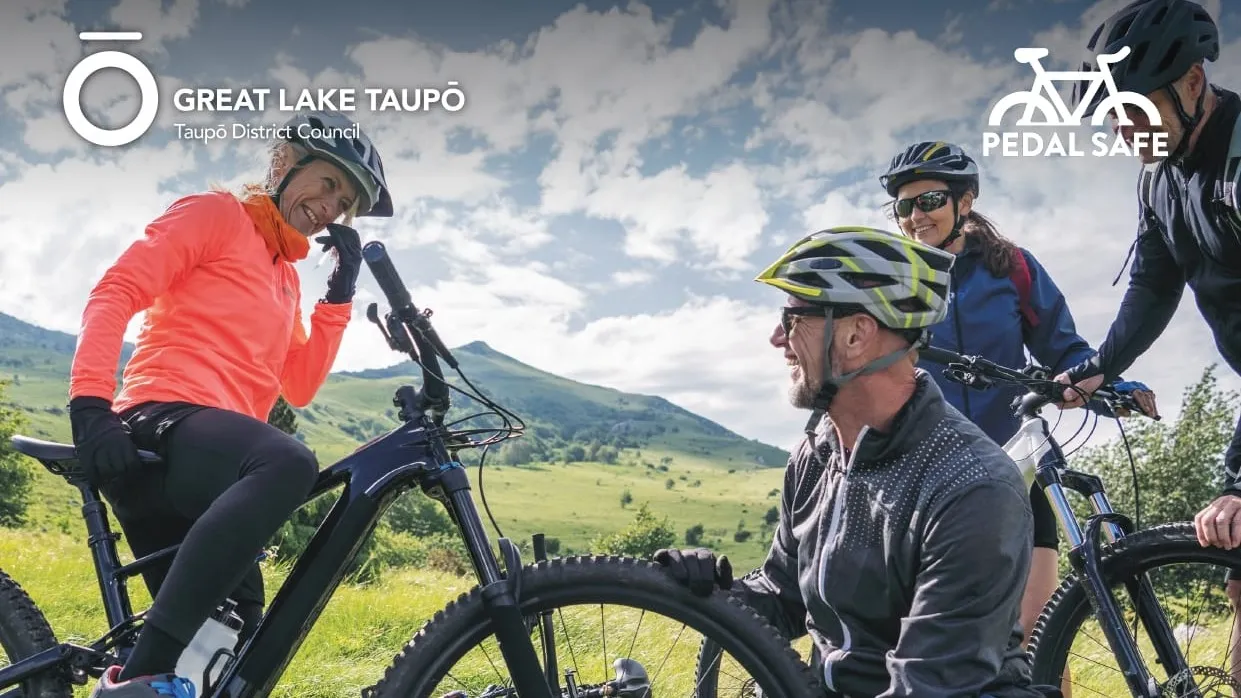The Rotokawa Geothermal Reservoir in the Taupō Volcanic Zone has been selected as a preferred site for the country’s first supercritical geothermal exploration.
In an announcement on Wednesday, (September 10) Regional Development Minister Shane Jones said the “work could be a game changer for securing New Zealand’s future energy needs.”
At present, conventional geothermal wells are drilled down to about 3.5km maximum. However, by drilling beyond this, possibly to 6km, scientists believe more energy will be available at the surface for the same amount of geothermal fluid extracted, though the extreme physical and chemical conditions at these depths are challenging.
Design work was already underway to develop the first well, said Jones in a release.
Drilling was expected to begin in 18-24 months. The Rotokawa geothermal system is about 10km northwest of Taupō.
“This early-stage exploration could help prove the viability of supercritical geothermal energy,” Jones said.
The Rotokawa site was selected following geological and geophysical study by Earth Sciences New Zealand, and risk assessments to confirm its suitability.
Taupō-based retired advisory scientist Harry Keys said from what he understood of the heat available at Rotokawa it would be a good candidate for supercritical exploration.
“I would hope the government continue to work with the Department of Conservation to maintain the conservation values of the Rotokawa Geothermal Reserve which up until now has been good and avoided some of the impacts of other sites like Wairakei.”
The release noted a memorandum of understanding had been signed between Tauhara North No.2 Trust, the Ministry of Business, Innovation and Employment (MBIE), and Mercury NZ which operates the Rotokawa geothermal power station, to explore the potential of supercritical geothermal energy at the site. Earth Sciences NZ was contributing technical and scientific expertise.
A multi-disciplinary design team comprising local and international experts, was also being assembled to cover regulatory approvals, design, risk assessment, geoscientific modelling, engineering, procurement, drilling and asset management.
Up to $60 million has been committed by the government from the Regional Infrastructure Fund to help develop the first well, with plans for two more wells as part of a broader programme.
“Three exploratory wells are the minimum needed to understand the energy resource,” said Jones.
“New Zealand has pioneered geothermal development in the past with government-led geothermal exploration during 1950s and 1970s. During this time, more than 40 wells were drilled across the motu to explore geothermal resources.”
He acknowledged managing the higher pressures and temperatures than current conventional generation was one of the most technically demanding frontiers in geothermal technologies.
“Safely converting and commercialising supercritical geothermal energy is the next step. The government is backing this groundbreaking project which aims to unlock transformative, clean, renewable energy over the long term to strengthen our energy security and be transformative for the country and internationally.”
The announcement follows one by Jones and Science, Innovation and Technology Minister Dr Shane Reti on September 4 which said the DeepHeat project by the New Zealand Institute for Earth Science Limited (formerly GNS) would receive $10 million from the Endeavour Fund.
That release stated that from October 1, over 20 leading global geothermal experts would explore the significant energy potential of the Central Taupo Volcanic Zone.
